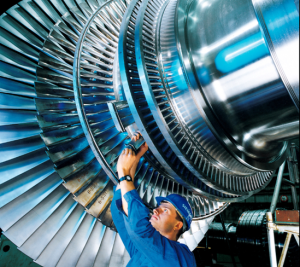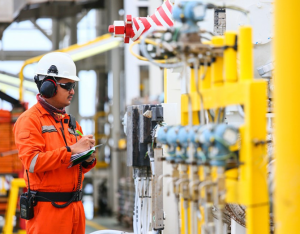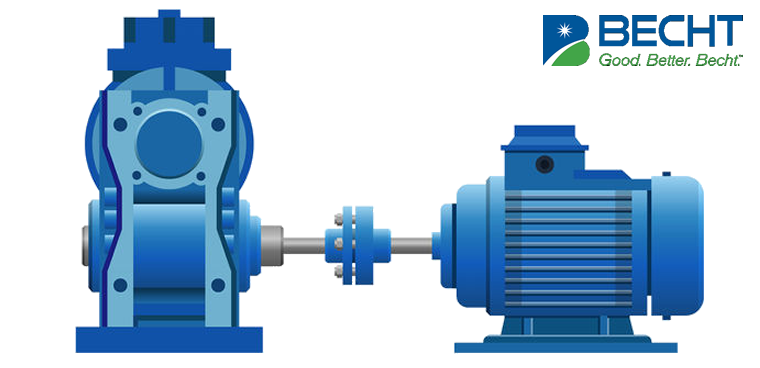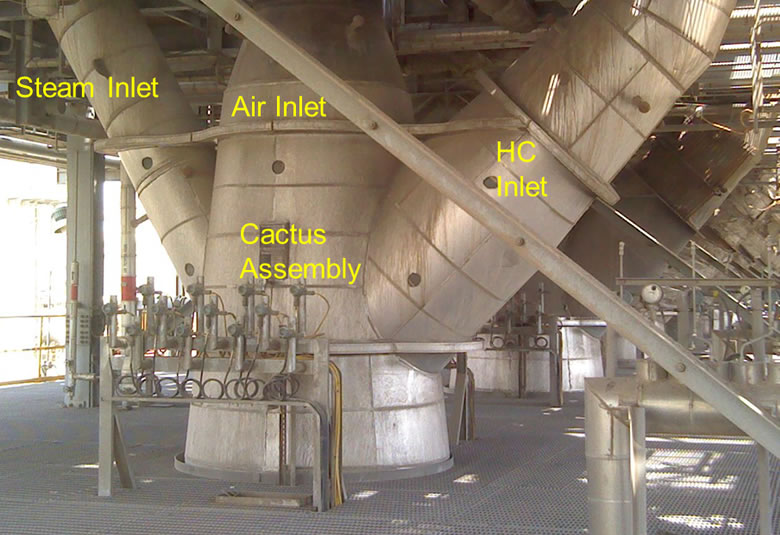Character and Requirements for Accountability in Machinery Reliability
The people side of component or system failures is rarely addressed, identified or corrected. Evaluation of the people side of equipment failures may be of more value than failure reports or looking at the actual mechanical failure.
Let’s talk about personal accountability and the consequences of having too little accountability, and in some cases zero accountability. This includes the engineers who specify the system, review of the machinery proposals, and installation of the components from the ground up. This includes piping, controls, and ease of operation and maintenance. The machinery engineer has the responsibility to inform and educate the process operators and maintenance technicians of any nuances in the system that could cause problems if not fully understood. Once trained, the operators and machinery technicians are included in the accountability stream. At some point, common sense must prevail because systems do not always behave as expected.
Accountability does not stop at the engineering or technician level. Managers are frequently part of the problem because of pressures of budgets and production levels imposed by executive management. Paying attention to safety and reliability should override short term gains and will yield far greater long-term results.
The consequences of failure in any of these areas will have safety and economic impacts and should be dealt with in a way that has a lasting impact on everyone involved. In simpler words, if someone messes up, they need to pay some kind price.
Here are Six Keys to Reliability published by one of the best machinery engineers, mentors and friends in my career in machinery: Charlie Jackson.
- Hire good people
- Train them right
- Apply good standards
- Buy and test good equipment
- Install it right
- Run it right
Simple but fundamental. If these rules are applied, most machinery reliability problems would not exist. I challenged Charlie many times on the simplicity of these Six Keys to Reliability. He was always to demonstrate every problem we see in process plants falls in one of the 6 buckets. These six simple but effective Keys requires honest accountability at all levels and must always be our guide.
Here are a couple of examples of people failures that resulted in major damage to large turbomachinery systems:
- The first example is a highspeed steam turbine-driven two case multi-stage compressor train driven through a speed increaser gearbox.
 Both compressors were back-to-back design with a center seal toothed labyrinth seal of high alloy stainless steel metallurgy. The seal sleeve was also stainless steel (stainless on stainless). Approximate first lateral critical speed on both compressors was 3200 RPM. Upon startup of the rebuilt compressors and turbine at two o’clock in the morning with no mechanical support people in place, for some reason, the operator started the train and held the compressor speed at around 3200 RPM. Rubbing began at the center seal because of increased displacement at the critical speed. Friction heating began with the rub causing further energy to be required causing the operator to open the steam turbine valve to maintain speed. Speed continued to decrease and rubbing friction increased. The operator continued to apply more steam to maintain speed. This continued until the turbine steam valve was wide open and the compressor speed went to zero because of seal to sleeve contact friction and welding. The operator finally tripped the turbine. Basically, the compressor rubs acted as a friction brake that could not be overcome by full steam turbine power!
Both compressors were back-to-back design with a center seal toothed labyrinth seal of high alloy stainless steel metallurgy. The seal sleeve was also stainless steel (stainless on stainless). Approximate first lateral critical speed on both compressors was 3200 RPM. Upon startup of the rebuilt compressors and turbine at two o’clock in the morning with no mechanical support people in place, for some reason, the operator started the train and held the compressor speed at around 3200 RPM. Rubbing began at the center seal because of increased displacement at the critical speed. Friction heating began with the rub causing further energy to be required causing the operator to open the steam turbine valve to maintain speed. Speed continued to decrease and rubbing friction increased. The operator continued to apply more steam to maintain speed. This continued until the turbine steam valve was wide open and the compressor speed went to zero because of seal to sleeve contact friction and welding. The operator finally tripped the turbine. Basically, the compressor rubs acted as a friction brake that could not be overcome by full steam turbine power!
Lessons learned: A) The machine was known to have difficulty passing through the first critical speed because of rubs in the center seal area. Startup in the early morning hours without a knowledgeable machinery person assisting was a major operational error. B) The operator did not apply any degree of common sense by continuing to increase turbine power while the compressors were slowing down. He may not have known why, although he should have because of startup history, but anyone should have known enough to sense a severe problem in the making. I do not believe the operator was disciplined in any way. When these compressors were disassembled, what I saw was the worst wreck ever seen in my career!
- A new, exceptionally large compressor train was started with the compressor suction valve closed on one of the compressors and
 operated this way for an extended period. Extensive damage was done to the balance piston seal from extremely high temperatures. Situational awareness was nonexistent among the operators with the blame being directed toward the abradable balance piston seal design, even though the design operated in the same compressor case with similar internals for over ten years. A great example of misdirection. The operators may have been disciplined, but none lost their jobs.
operated this way for an extended period. Extensive damage was done to the balance piston seal from extremely high temperatures. Situational awareness was nonexistent among the operators with the blame being directed toward the abradable balance piston seal design, even though the design operated in the same compressor case with similar internals for over ten years. A great example of misdirection. The operators may have been disciplined, but none lost their jobs.
There are many more examples of lack of situational awareness by operators and support people, lack of common sense and, worst of all, conformational bias at many levels. But that is for another time.
Perhaps the readers will share some stories that have bothered you in the past. We welcome your best practices and encourage you to share stories. Please email your suggestions to klipski@becht.com.

 operated this way for an extended period. Extensive damage was done to the balance piston seal from extremely high temperatures. Situational awareness was nonexistent among the operators with the blame being directed toward the abradable balance piston seal design, even though the design operated in the same compressor case with similar internals for over ten years. A great example of misdirection. The operators may have been disciplined, but none lost their jobs.
operated this way for an extended period. Extensive damage was done to the balance piston seal from extremely high temperatures. Situational awareness was nonexistent among the operators with the blame being directed toward the abradable balance piston seal design, even though the design operated in the same compressor case with similar internals for over ten years. A great example of misdirection. The operators may have been disciplined, but none lost their jobs.




